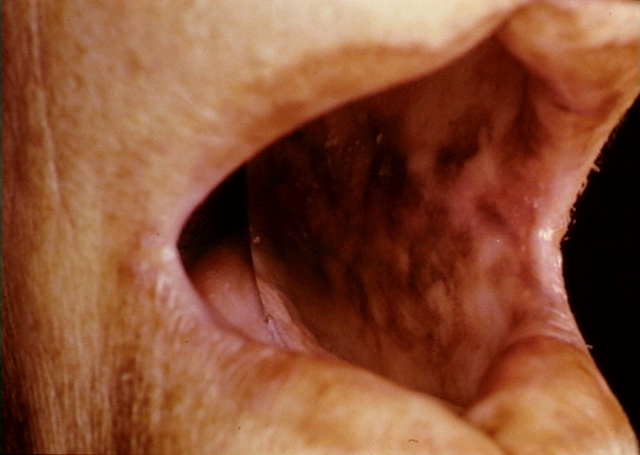 What is Tuberculosis (TB)?
What is Tuberculosis (TB)?
TB is a serious, slowly developing, bacterial infection that’s caused by the bacterium Mycobacterium tuberculosis.
TB most commonly affects the lungs but can affect almost any part of the body. it can be spread when someone with the infection coughs, sneezes or talks and another person breathes in the bacteria. however, prolonged contact is usually needed to become infected.
Some people develop a minor infection which then settles as their immune system fights it, and evidence is only found later incidentally as a scar on a chest X ray. Whilst for others active TB flares up many years after this initial infection. if the initial infection isn’t fought off, it can progress to serious ongoing infection a few weeks after the first contact.
Top
Tuberculosis symptoms
Initially, there may be no symptoms. when symptoms develop they will vary depending which part of the body is affected but commonly include:
A persistent cough, usually for more than three weeks – it may be dry to start with and progress to blood-streaked sputum
Night sweats for weeks or months
Weight loss
Fatigue
High temperature
Shortness of breath
Top
Tuberculosis – causes and risk factors
It’s estimated that a third of the world’s population is infected with the bacteria that causes TB. each year about 9 million people develop the disease and up to nearly 2 million people worldwide are killed by it.
The latest figures from the Health Protection Agency for 2007, show there were a total of 8,417 cases in the United Kingdom, anyone can get TB. People at greater risk of developing it include:
Children and older people
Smokers
Those living in overcrowded conditions
Those who have a poor diet
People with HIV
The homeless
Those who have a weakened immune system because of other medical conditions, such as diabetes, or because of other medical therapy, such as immuno-suppressant medication
Top
Tuberculosis – treatment and recovery
TB is difficult to treat – normal antibiotics do not kill TB bacteria. Combinations of several special antibiotics treat the infection in the majority of cases. These must be taken for long periods, usually at least six months, to avoid becoming ill with TB again and developing a drug-resistant form of the disease.
Even with treatment, some people develop long-term complications from infection.
Travellers to countries where TB is prevalent are at greater risk. A vaccine is available, which is offered to those at high risk of contracting the disease. Check with your doctor whether your travel plans put you at risk of TB and discuss possible vaccination